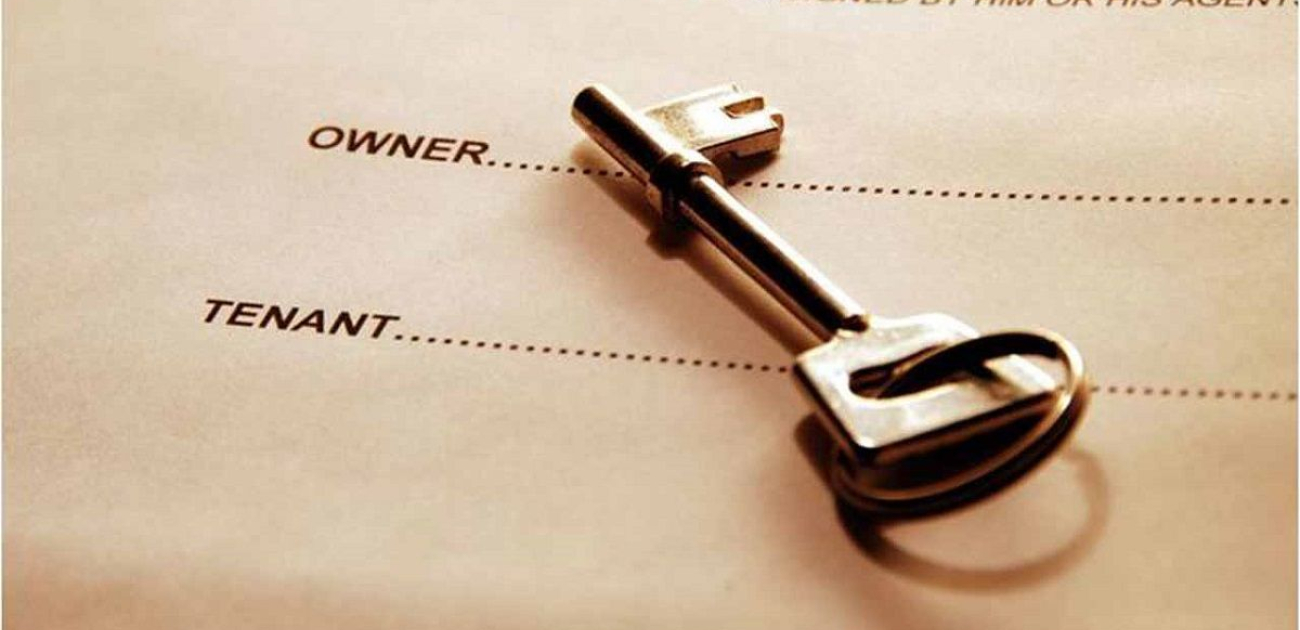What Can I Do if I Have a Dispute with My Landlord or Tenants?
Very few people wish to engage with legal proceedings. However, sometimes during a dispute our very best efforts fail to bring about an acceptable solution, and in these situations it can be worth considering whether there could be a legal remedy to the particular problem.
Check your Tenancy Agreement
If you have a dispute with your landlord, or with your tenants, you should first check your Tenancy Agreement for guidance. Ideally the agreement will cover all eventualities, including by reference to rights and obligations imposed by law, and you could be able to resolve any dispute between you by reference to the relevant section of the agreement. However, unfortunately matters often do not work out so easily, and you could be forced to seek a legal remedy. This does not necessarily mean “taking someone to court”, and a negotiated settlement should be attempted in the first instance. Nevertheless, knowing your legal rights, including those contained in any agreement can very much strengthen your position when trying to resolve a dispute, and it is important that you get the right advice at an early stage.
A common landlord and tenant dispute relates to unpaid rent, sometimes where arrears have accrued. In some circumstances the existence of rent arrears could give rise to a valid claim by a landlord for possession of the property, and this could be issued alongside or included with a claim for damages (money lost by way of unpaid rent). The process by which possession is obtained is very specific, and you should seek legal advice in relation to the steps to be taken, as well as which procedure would be best to use in your circumstances. However, provided you have taken the correct steps, the Court will be likely to award Judgment in your favour, ordering damages to be paid to you and/or for the tenant to vacate the property by a given date.
Enforcement actions
Nonetheless, unfortunately the matter does not always end there and you could be required to take further action to realise the benefit of the Judgment obtained, often referred to as enforcement action. If the tenant stays in the property beyond the date for possession specified in the court order, you would be required to apply to the court for a warrant for possession. This allows a bailiff to re-enter the property and evict anyone found in it. The tenant might also be unable or unwilling to pay any damages and legal costs that they have been ordered to pay (the judgment debt), and you may be required to take action to enforce the debt against them.
Again, you should first seek to reach an agreement, and you should notify the debtor that any County Court Judgment (“CCJ”) is entered immediately onto the Register of Judgments, Orders and Fines, and the existence of a CCJ on the Register would be likely to affect their ability to obtain a mortgage or another tenancy. Additionally, once judgment has been obtained, you can commence enforcement proceedings (you may have to wait 14 days or more after judgment, to ensure that the defendant has not issued an Appeal). Most enforcement methods involve enforcing against an asset, but tenants are often without appropriate assets and the best method of enforcement could then be an attachment of earnings order assuming the tenant is in employment and not self-employed.
Keep detailed records as evidence
If you are involved in a dispute and contemplating legal action, you should keep a record of important conversations and take copies of relevant letters and documents as these could form important evidence in support of your case. If you would like advice on your rights and the legal remedies available to you, you should talk to a solicitor as soon as you can. Hopefully the matter can be resolved quickly, and sometimes a letter from a solicitor is all that is needed, but it is difficult to know how the other party may react. They may take some persuading, in which case having a third party to act as an intermediary can be very useful, particularly if that person is experienced in dispute resolution.
If it proves impossible to reach an agreement and you are forced to issue proceedings, it is important that you get the right legal advice to guide you through the process and maximise your chances of achieving a successful result. The court process is governed by a very complex set of rules which parties must adhere to, and, if you are unsuccessful, you could be required to pay the other party’s legal fees. Therefore it is important that you obtain proper qualified legal advice at an early stage.
Do you want more information?
 Rachel Waller
Rachel WallerRachel is a Partner and a member of our Litigation & Dispute Resolution department
